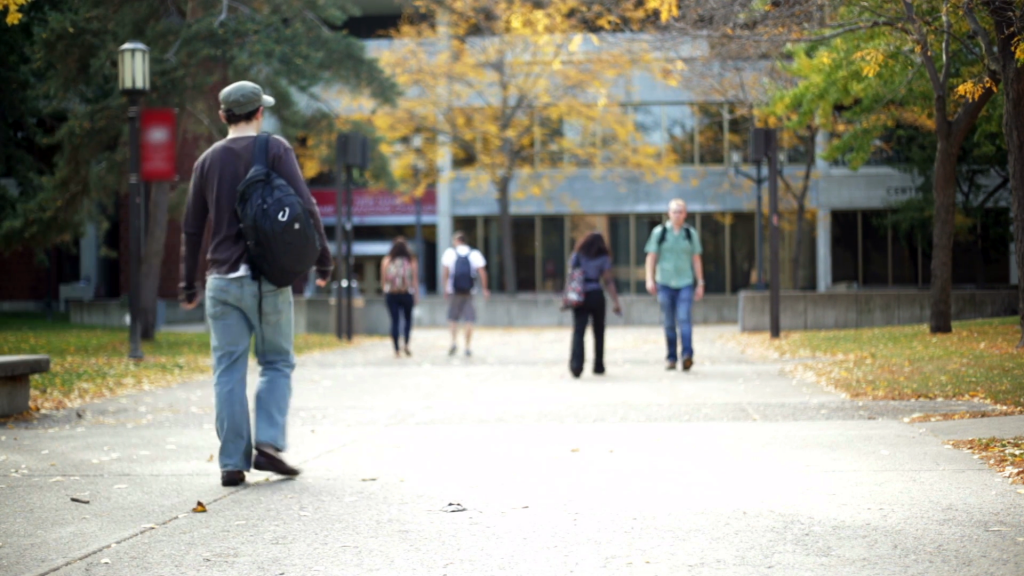Student Project Creates an Adaptable and Flexible Smalltalk Programming Environment for the Visually Impaired
At Universidad Nacional de Quilmes in Buenos Aires, Argentina, two students, along with the backing of their professors, elected to tackle a challenge that was affecting their visually impaired classmates: integrating screen readers with Smalltalk.
For students Ángeles Tella Arena and Matias Melendi, the project was about ensuring that their blind classmates could interact with the tool in the same way as all of the other students. Their professors, Gabriela Arevalo and Maximo Prieto, were supportive.
According to Ángeles, “They showed a real interest in the project and encouraged us to keep pushing it forward.”
The Challenge – and the Vision
As Smalltalk is virtualized, the windows that it generates are objects. They are not native windows that are accessible to the screen readers, since everything is inside the image.
According to Matias, “The purpose for Phase One was to allow our blind classmate to have the same experience the rest of his classmates had when learning object-oriented programming. Thanks to this, the project evolved, and Lazaro came to life, with the intention to make live interaction with objects available for every blind person who would like to learn.”
To read more, click here.

